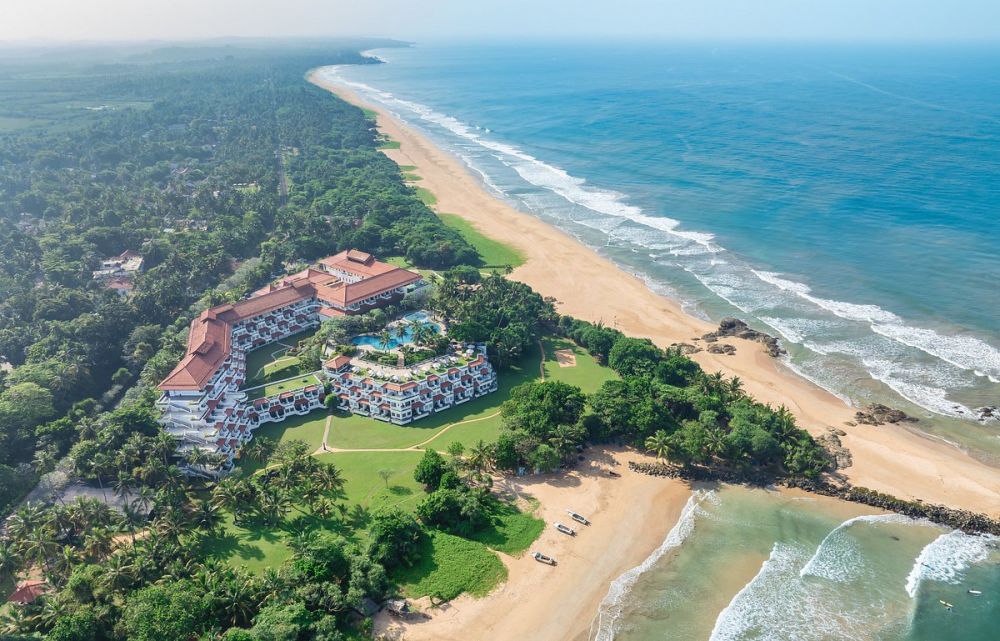

Located on the south coast of Sri Lanka, Bentota Beach has long been considered a jewel in the crown of the country’s tourism sector. Characterized by its golden sands, serene waters, and the lush greenery that drapes the area, Bentota has a storied past which has evolved alongside the development of the travel industry within the island nation.
The history of tourism in Bentota, and Sri Lanka as a whole, is deeply intertwined with the island’s colonial past. The idyllic scenes and balmy climate of Bentota first captured the attention of the Portuguese and the Dutch during their respective periods of colonization. However, it wasn't until the British era that the foundations of tourism as we know it began to take shape.
With the construction of the coastal railway in the late 19th century, the accessibility of Bentota improved, and it started to emerge as a desirable destination for those seeking respite from the bustle of city life. This, combined with the arrival of the motor vehicle, greatly facilitated travel for the local people and the few adventurous international tourists of the time.
A significant boost to Bentota’s tourism appeal occurred in the mid-20th century with the involvement of the legendary Sri Lankan architect, Geoffrey Bawa. Bawa is considered the pioneer of ‘Tropical Modernism,’ a design movement that combines modern lines and local traditions. His iconic design of the Bentota Beach Hotel in the 1960s put the beach town firmly on the must-visit list for discerning travelers.
Bawa’s design not only brought a sophisticated aesthetic to the area but also helped forge an identity for Sri Lankan tourism that celebrated both heritage and innovation. His work marked the beginning of an era wherein tourism was increasingly seen as a key economic driver for the country.
During the latter part of the 20th century and the beginning of the 21st century, the government and private stakeholders invested in infrastructure, hotel development, and promotion of the region. This proactive stance was successful in bolstering the reputation of Bentota as a premier beach holiday destination.
Ayurvedic treatments and spa facilities have become a central feature of the Bentota tourism offer, drawing on the centuries-old wellness traditions of Sri Lanka. Additionally, the introduction of water sports and eco-tourism activities, such as river safaris on the Bentota River, have diversified the range of experiences available to visitors.
Despite facing challenges such as the 2004 tsunami and political instability, Bentota’s tourism industry has displayed remarkable resilience. Reinvention and focus on sustainable tourism have defined recent trends in the area. There is a growing emphasis on community-based tourism, which benefits local economies and fosters responsible travel practices.
Looking to the future, Bentota is gearing up for an influx of international visitors as global travel rebounds. New hotel developments and renovations of existing properties are underway, aimed at both expanding capacity and enhancing the quality of the visitor experience.
The focus on sustainable tourism development is expected to remain a central theme. Efforts are being made to protect the natural environment, support local businesses, and promote cultural preservation. This ensures that Bentota Beach not only retains its charm but also contributes positively to the nation’s socio-economic development for years to come.